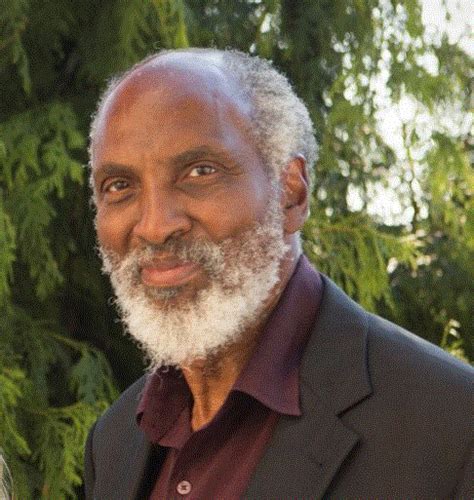A Quote by Ginny Brown-Waite
First, women are more likely to live in poverty during their retirement years than are men.
Related Quotes
Increasingly, men are realizing exactly that - that having an educated, economically independent partner reduces the pressure on them to be the sole provider. Many men are also beginning to understand that participating in housework and childcare can be rewarding. Women with higher education and/or earnings are so much less likely than other women to divorce, that by age 40, they are more likely to be married than any other group of women.
At this moment in history, millions of 'working dads' are desiring to do what they do not feel they have the right to do: be more devoted as a dad, less devoted as a worker. This feeling is far more ubiquitous among men executives than women executives in many areas of the world because, for instance, Asia-Pacific women executives today are more than six times as likely to not have children than men executives are. The Asia-Pacific executive man is about six times as likely to be a working dad as an executive woman is to be a working mom.

































